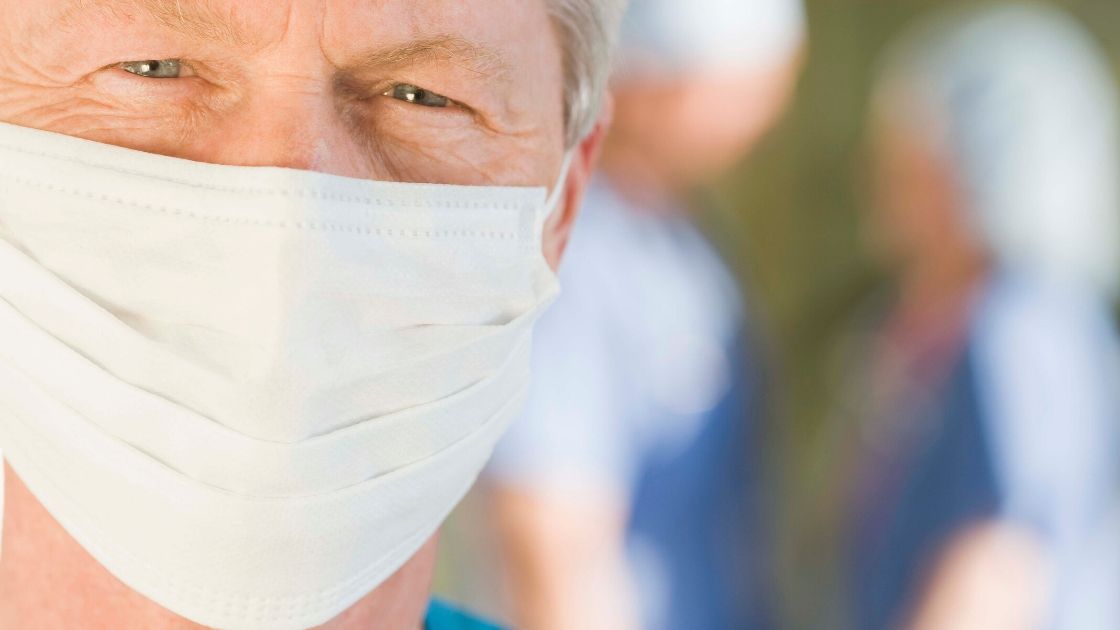Pennsylvania has made a few changes to its mask requirements that impact those who have been vaccinated. Acting Secretary of Health Alison Beam announced on March 22nd the state has amended the existing Universal Face Coverings order, issued on November 17, 2020, to align with the Centers for Disease Control and Prevention’s Recommendations for Fully Vaccinated People. The amended order has been in effect since March 17th and will remain in effect until further notice.
“The vaccines that are currently available across the state and country are highly effective at protecting vaccinated people against severe and symptomatic COVID-19,” Beam said. “Research has shown that fully vaccinated people are less likely to have asymptomatic infection and potentially less likely to spread the virus that causes COVID-19 to others. However, there is still more to learn about how long protection lasts and how much vaccines protect against new variants of the virus, so some prevention measures will continue to be in place for all people, regardless of their vaccination status.”
The amended order now allows fully vaccinated people to resume the following activities:
- Visiting with other fully vaccinated people indoors without wearing masks or physical distancing;
- Visiting with unvaccinated people from a single household who are at low risk for severe COVID-19 disease indoors without wearing masks or physical distancing; and
- Refraining from quarantine and testing following a known exposure, if asymptomatic.
However, fully vaccinated people need to continue to take precautions in public like wearing a mask and practicing physical distancing; avoid medium-and large-sized in-person gatherings; get tested if they experience COVID-19 symptoms; follow guidance issued by employers; and follow travel requirements and recommendations.
It was stressed that those who are fully vaccinated should also continue to wear a mask, practice physical distancing and follow other prevention measures when visiting unvaccinated people who are at increased risk for severe COVID-19 disease or who have an unvaccinated household member who is at increased risk for severe COVID-19 disease and when visiting unvaccinated people from multiple households.

